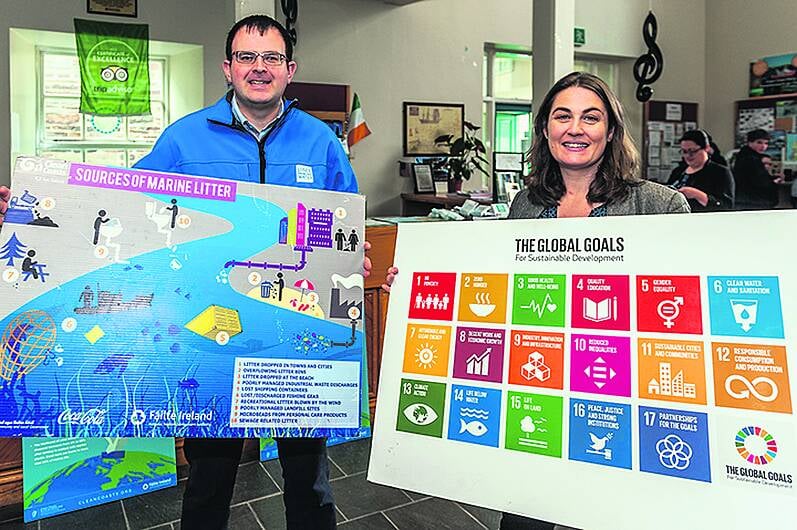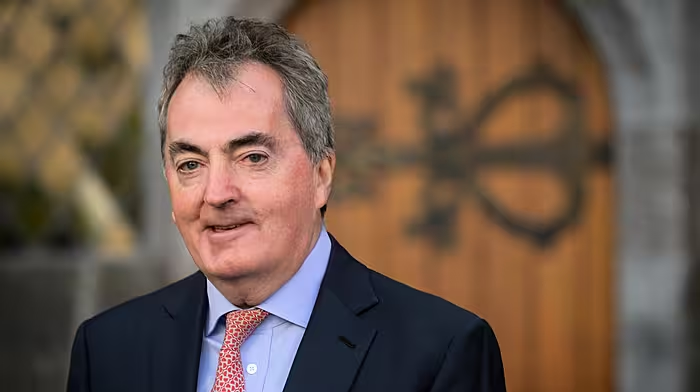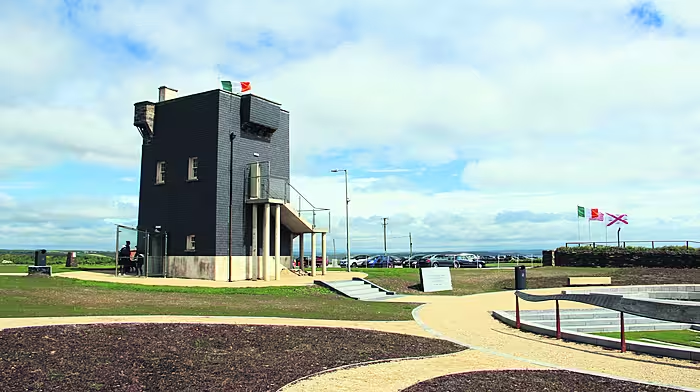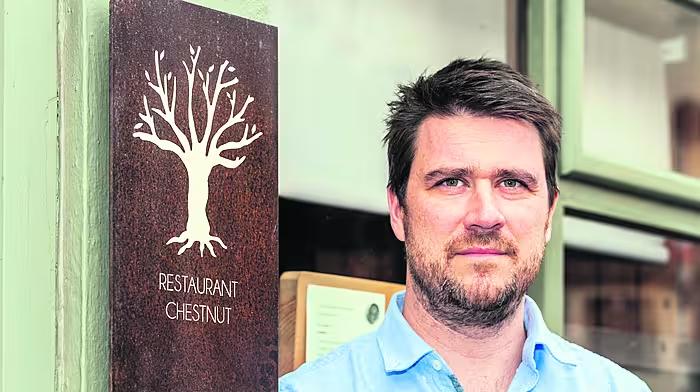THE County Clean-Up Day takes place this Saturday April 13th – supported by KWD Recycling.
THE County Clean-Up Day takes place this Saturday April 13th – supported by KWD Recycling – when the public is encouraged to get the high-vis jackets on, grab a pickers and a bag and get out and start cleaning up their locality.
The fact that there is even a need now for such an event speaks volumes about our littering culture, but nevertheless, it must be done.
A timely information meeting for business, organised by both Irish Water and An Taisce’s Clean Coasts initiative, was held in Bantry last week.
The ‘Think Before You Flush’ project aims to inform local business owners about the ‘dirty dozen’ of items that should never be flushed down a toilet.
This is particularly relevant in busy tourist areas like West Cork, where a lot of local businesses are B&Bs and hotels have a high throughput of visitors – many of which might not exercise the same caution as they would in their own bathrooms.
Every year Irish Water spends time and money clearing drains and pipes of items that should never be there – causing problems for homes, waste water treatment plants and, eventually, the environment and our coastal areas.
The Dirty Dozen includes cotton buds, any type of baby/facial/water wipes, cleansing pads, cigarettes, plasters and tampons – all items that many people mistakenly think are harmless.
Susan Vickers of An Taisce told the Bantry audience that what may appear like relatively minor issues at first glance are leading to massive issues, when viewed on a global scale.
She shocked everyone by throwing out a few startling statistics: in Ireland we purchase 22m plastic bottles every year, and while China once took 95% of our waste, they have now stalled taking any of our refuse, because they are running out of space.
Since it was invented, the production of plastic has never dipped: it has risen year-on-year.
She said there is a large island of plastic in the Pacific (which researchers have estimated as being three times the size of France) which is growing at a rate of eight football fields per second.
‘It is such a battle,’ said Ms Vickers, adding that any plastic we flush into our sewerage systems ultimately becomes part of the sea.
Ocean plastic comes from marine accidents at sea, our behaviour on land (including flushing toilets), the behaviour of industry and microbeads, she pointed out.
There are microbeads in almost everything – including in all man-made fibres, so microbeads of plastic are washed into the oceans from our washing machines.
They are also in toothpaste, lipstick, other forms of make-up and most commercially-made exfoliants, which in recent years have replaced grit and sand with plastic because it is cheaper to produce.
When in water, these microbeads attract heavy metals and toxins and hence the giant ‘balls’ of plastic which become ultimately a major problem for marine life.
Ms Vickers pointed out that solutions are beginning to be produced – like ‘guppy bags’ that trap microbeads from the washing machine, but then need to be disposed of carefully.
About 90% of water now contains microbeads, she pointed out, and one, albeit small, survey of human faeces found microbeads present in 100% of samples.
About 15% of marine litter ends up on our coastlines, a further 15% stays on the surface, but 70% sinks.
West Cork Litter Warden Teddy Browne also addressed the meeting and explained some of the initiatives being organised in the region. He said Bantry had a successful users’ forum of local interests that meets regularly to discuss events and awareness projects.
‘There is an issue and we have to deal with it,’ he said, referring to the illegal dumping and littering problem around West Cork. ‘We need to get all the agencies to work together.’
And he said he hoped initiatives like Think Before you Flush would help to put the spotlight on plastic producers and he noted a beach clean-up at Reendonegan outside the town would have the support of Bantry TY students.
Ms Vickers said that the public shouldn’t wait for good weather for coastal clean-ups or the approaching summer season. ‘Do it after a storm – get it out of the system as soon as possible,’ she urged.
Diarmuid Murphy of the Bantry Business Association said that regarding plastic, we should be ‘cutting it off at source’ by not producing it, and not buying it.
He said he was appalled to find an entire sofa dumped near the Beicin walk in the town. Teddy Browne said there are plans to nationally audit waste firms and cross-check with postcodes to see what households do not use a waste disposal service. This may be a way of tracing the fly-tippers, he said.
‘Last year we had seven farm waste collections – we collected 1,200 tonnes of plastic – enough to create the highest mountain in West Cork,’ he said.
Contaminated elements in recycling are causing huge issues too, he added. ‘We have people pushing dirty nappies into tetra paks, for example,’ he said.
It’s worth nothing there is now no landfill operating in all of county Cork, Mr Browne added.
And he promised the public that where any groups or individuals were involved in clean-ups, the Council would be very happy to help out. ‘We will do the heavy lifting, we will supply bags and pickers, and pick up the bags afterwards,’ he said.
The environment department of Cork County Council can be reached at 021 453 2700 for information or to report issues.
Ms Vickers reminded the businesses involved in tourism that being environmentally aware was now a selling point and that visitors like to stay in places which take care of the environment.
• The 8th annual KWD County Clean-Up takes place this Saturday April 13th at various locations around the county. To register, see www.countycleanup.com







